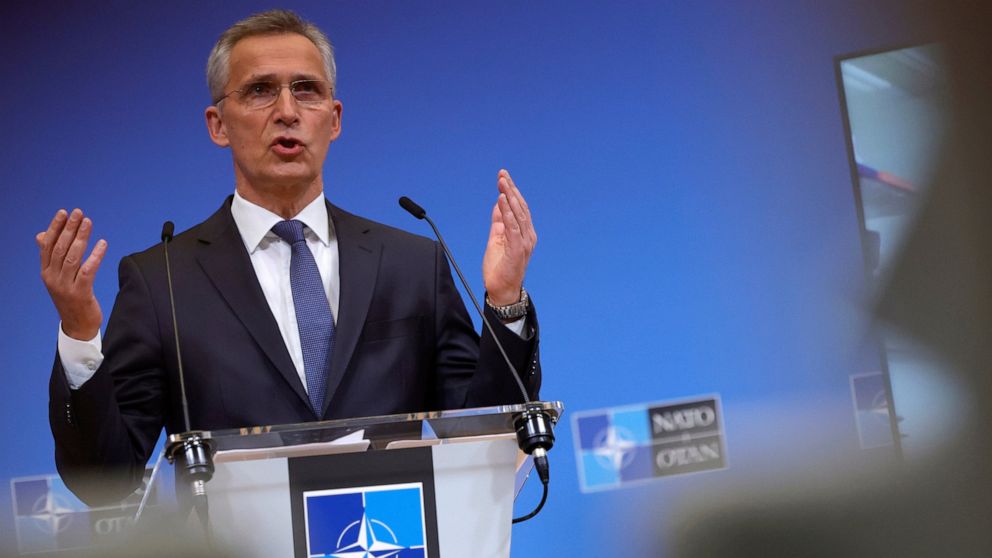The NATO foreign ministers today showed their agreement that no allied aircraft should fly over Ukraine’s airspace or allow its troops to enter there, thus ruling out the possibility that the Alliance would contribute to imposing a no-fly zone over the country, following the request made by Kiev to that effect.
The secretary general of the Alliance, Jens Stoltenberg, indicated at the end of an extraordinary meeting of ministers that the possibility of a no-fly zone “was mentioned” but that, “at the same time, the allies agreed that we should not have planes NATO troops operating in Ukrainian airspace or NATO troops on Ukrainian territory’.
“We do not want to be part of the conflict with Russia in Ukraine,” Stoltenberg settled, at a press conference.
Stoltenberg said he understood the “desperation” of the Ukrainians, but recalled that the only way for the Alliance to implement a no-fly zone over Ukraine would be by entering their airspace, which “could mean war in Europe.”
“Ours is a defensive alliance, we are not looking for conflict, but if conflict comes to us, we are prepared for it and we will defend every inch of NATO territory,” said US Secretary of State Antony Blinken.
Upon arrival at the meeting, several ministers dismissed the possibility that NATO was inclined to impose a no-fly zone in Ukraine to stop Russian bombing.
The Latvian minister, Edgars Rinkevics, considered that the allies are being “blackmailed” from Moscow, since “they know that there is going to be a discussion because we are an alliance of 30 member states and that, in order to make a decision, unanimity and also countries that can apply it”, he pointed out.
His Romanian counterpart, Bogdan Aurescu, urged to “reconsider the philosophy, structure and constituent elements of the (military) posture on the eastern flank, because now the situation is different from when it began to form”, in 2014, as a result of the occupation of the Ukrainian peninsula of Crimea by Russia.
For the Czech head, Jan Lipavsky, “NATO should not be dragged into this conflict” as it is a defensive organization, although he pointed out that the weapons that several countries are supplying to the Ukrainians could help them create that exclusion zone.
Sweden and Finland
The allies also decided to strengthen the coordination and information they share about this crisis with Finland and Sweden, countries that today attended the meeting as guests.
They also discussed the need to support other “partners that may be at risk”, including Georgia and Bosnia-Herzegovina, where “we see a very fragile and unstable situation, with inflammatory rhetoric and serious dangers for the unity of that state”.
Stoltenberg said that these countries are very different from each other but have in common , like Moldova, that “Russia is exercising its power to intimidate them.”
The Defense Ministers of the Alliance have scheduled a meeting on March 16 to continue addressing the response to this crisis.
The allies belonging to the European Union will continue their contacts this afternoon in an extraordinary council chaired by the High Representative of the EU for Foreign Affairs, Josep Borrell, which will be joined by their partners from the United States, Canada and the United Kingdom, as well as Stoltenberg and Kuleba (by videoconference).

